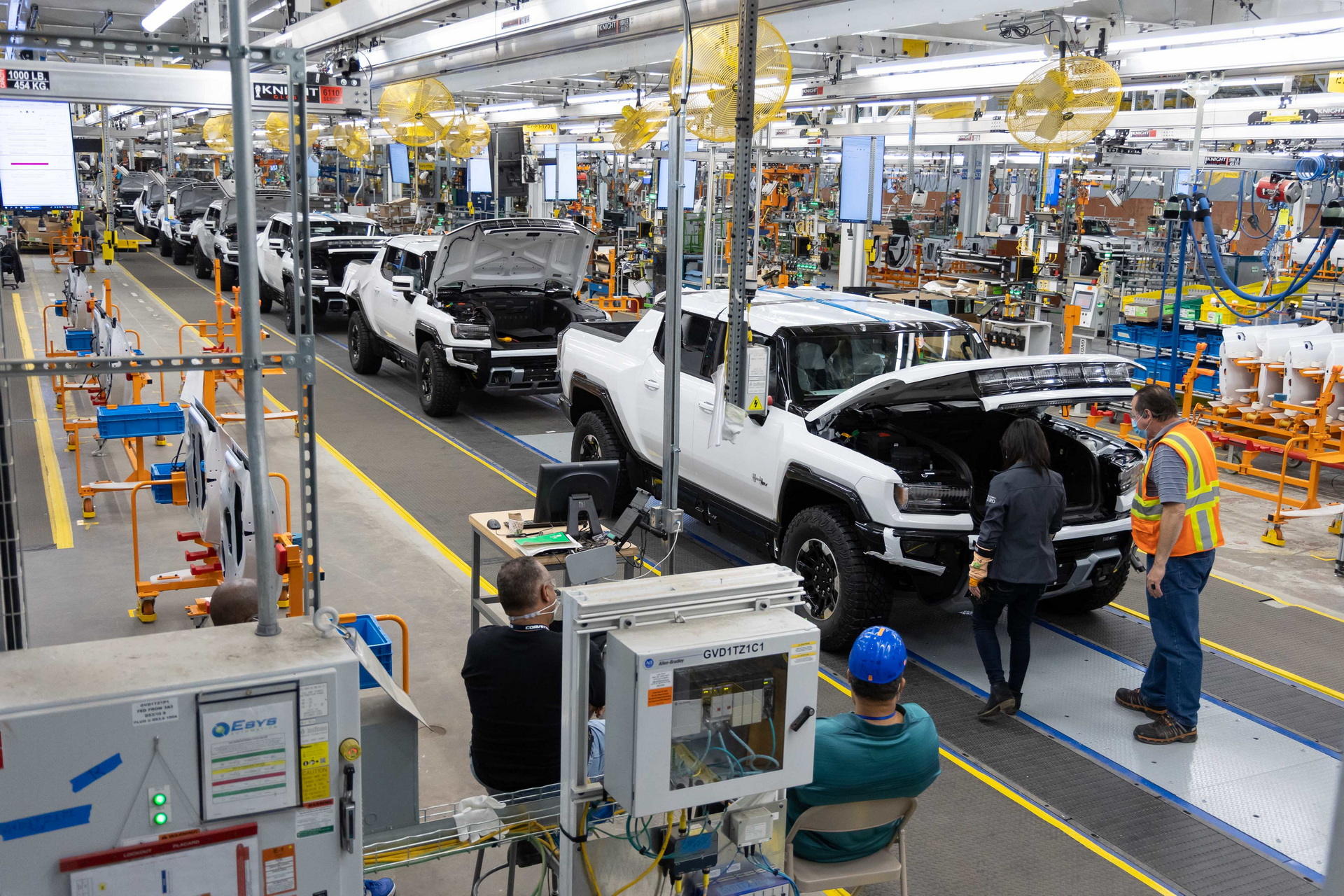Carmakers and consumers are rushing to build and buy EVs. Both parties have been banking on electric cars becoming cheaper, which will mean more EVs on the road and fewer nasty exhaust pollutants in the air, or at least that’s the theory. But experts think that huge increase in demand could actually make it difficult to meet global emissions targets.
That’s because the batteries in our electric cars require lithium, and demand for the mineral has so comprehensively outstripped supply that prices have mushroomed by almost 500 percent in a year, according to Bloomberg. And analysts say that could add $1,000 to the price of a new EV, halting the fall in retail prices of EVs, which manufactures have been trying to bring down a level that makes them as affordable as conventional combustion-engined cars.
Bloomberg reports that the exceptional demand for lithium can be traced to a slump in 2018-20 that cut its value in half and led to underinvestment in new supply sources exactly at the time when EV demand was exploding. And the supply of other compounds used in battery production, such as nickel, graphite and cobalt, have been affected by the war in Ukraine, making matters worse.
Lithium is either sourced by pumping brine containing the mineral from the ground, or mining it. But both processes are environmentally unfriendly and can be inefficient and incredibly slow, as can increasing production levels from existing sources. Establishing new sources, though, takes even longer.
Related: California Has A Single Lake With More Lithium Than The Country Currently Needs
“There is plenty of lithium in the ground, but timely investment is the issue,” Joe Lowry, founder of advisory firm Global Lithium, said. “Tesla can build a gigafactory in about two years, cathode plants can be built in less time, but it can take up to 10 years to build a greenfield lithium brine project.”
Experts have predicted more government intervention to protect supplies of lithium, and even for automakers themselves to get involved in the mining process, something Tesla CEO Elon Musk tweeted about earlier this year.
Price of lithium has gone to insane levels! Tesla might actually have to get into the mining & refining directly at scale, unless costs improve.
There is no shortage of the element itself, as lithium is almost everywhere on Earth, but pace of extraction/refinement is slow.
— Elon Musk (@elonmusk) April 8, 2022
Carmakers have been trying to reduce the content of lithium in batteries, and some experts suggest that recycling old batteries could meet 16 percent of annual demand by 2035, by which time new battery technology could reduce the demand for lithium.
But since demand for EVs is getting ready to take another big jump after 2030, the point at which many governments are outlawing the sale of new ICE vehicles, not everyone agrees that recycling old batteries will be enough. “Basically, there’s just not enough batteries to be recycled right now,” McKinsey’s senior expert Ken Hoffman told Bloomberg.





